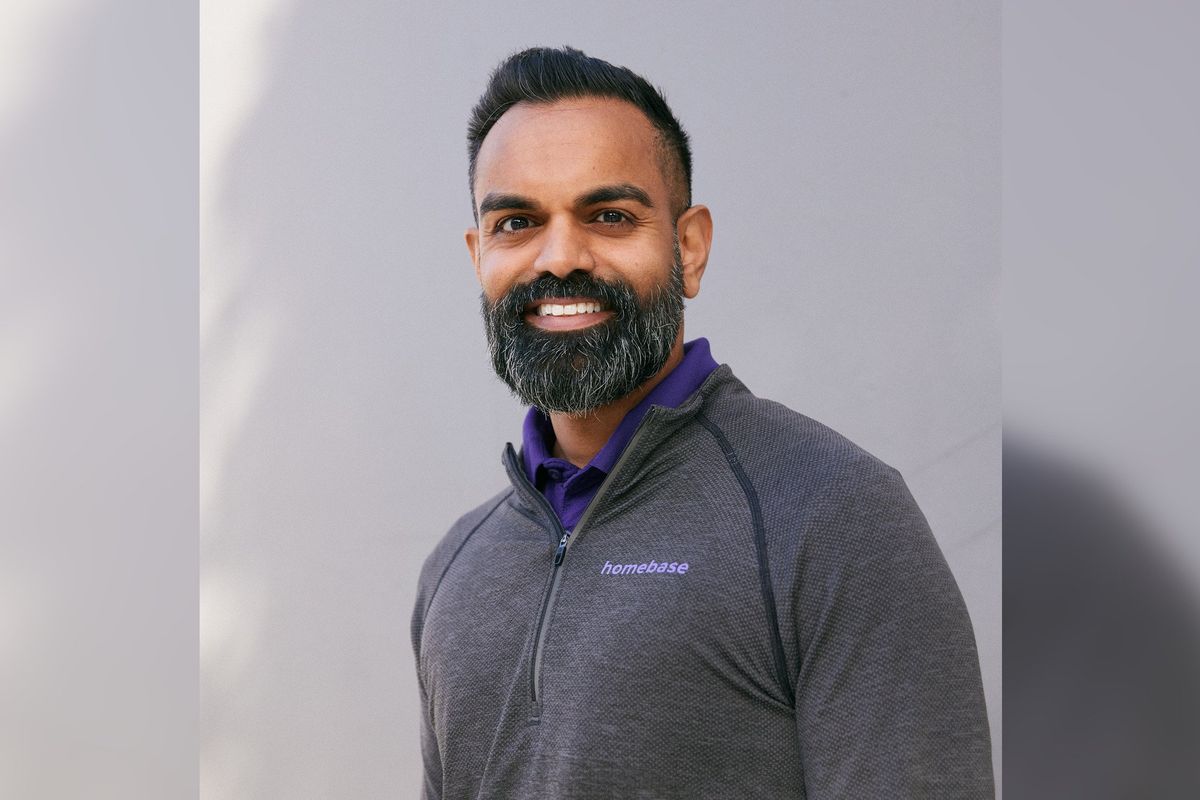The Greater Houston Partnership has released its list of the 10 most valuable startups that are fueling the city’s growth and entrepreneurial energy, including industry giants like Axiom Space and Fervo Energy.
Currently, Houston hosts more than 1,300 startups in industries such as energy, life sciences, manufacturing and aerospace, according to the GHP. The list ranks its top 10 startups by valuation based on the company’s last private funding round, reflected in Pitchbook data, as of Oct. 20 of this year.
The top 10 list includes:
10. NXTClean Fuels
Valuation: $530 million
NXTClean Fuels builds biofuel refineries that produce renewable fuel by using feedstocks like cooking oil and recycled organic materials.
9. Homebase
Valuation: $660 million
HR tech company Homebase provides employee management software that helps manage and optimize timesheets, payroll and more, with over over 100,000 small businesses and 2 million hourly workers using its product.
8. Zolve
Valuation: $800 million
Zolve is a banking platform that provides customers with access to financial products that aim to be accessible, flexible, and affordable than other financial platforms.
7. Stramsen Biotech
Valuation: $807 million
Stramsen Biotech develops plant-based drug therapies that target both infectious and noninfectious diseases, which include cancer, diabetes, HIV, kidney disease and neurological issues.
6. Octagos
Valuation: $843 million
Healthtech company Octagos has developed a remote cardiac monitoring software driven by AI that helps consolidate patient data in real-time, assisting healthcare professionals in providing quicker, easier and more accurate care.
5. Fervo Energy
Valuation: $1.4 billion
Pioneering geothermal company Fervo Energy combines horizontal drilling and fiber-optic sensing to produce electricity. The company is developing its flagship Cape Station geothermal power project in Utah. The first phase of the project will supply 100 megawatts of power beginning in 2026
4.Cart.com
Valuation: $1.7 billion
Cart.com is an e-commerce giant and logistics solutions provider that was founded in 2020 and obtained unicorn status within just three years.
3. Axiom Space
Valuation: $2.1 billion
Axiom Space is one of the anchor tenants at the Houston Spaceport, and has completed four missions of sending commercial astronauts to the ISS since 2022. In 2027, the company expects to see the first section of its private space station, Axiom Station, launched into low-earth orbit.
2. Solugen
Valuation: $2.175 billion
Solugen replaces petroleum-based products with plant-derived substitutes through its Bioforge manufacturing platform.
1. HighRadius
Valuation: $3.2 billion
HighRadius uses advanced technology to automate and manage accounts receivable processes for businesses worldwide.
The GHP also released its State of Houston’s Tech and Innovation Landscape, which mapped Houston’s digital and innovation sectors. Read the full report here.



